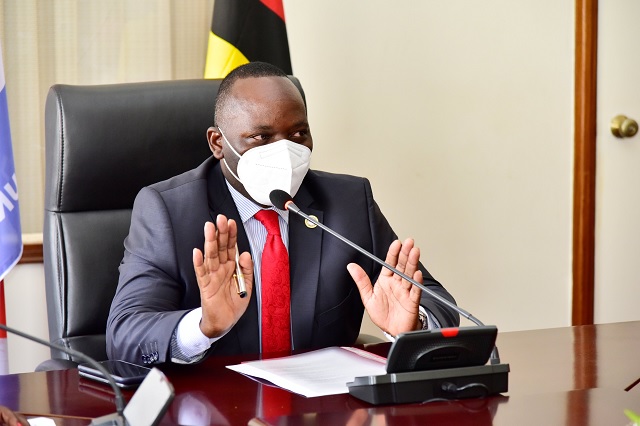The opposition in parliament has been divided on the forthcoming East African legislative assembly elections due this Thursday as parties such as the Democratic Party (DP), Uganda People’s Congress (UPC), JEEMA, and Forum for Democratic Change (FDC) insist that they will not shun the elections as the National Unity platform suggests.
According to the communication from the meeting held at Parliament by opposition party whips, including Alum Santa of UPC, Asuma Basalirwa JEEMA, Oken Ojara FDC, Peter Okot DP, and Okot Santa Abalo of People’s Progressive Party (PPP), said they couldn’t reverse or influence their respectful party decisions on participating in EALA when even some had fielded candidates.
However, the National Unity Platform (NUP), through its whip in Parliament, Manjeri Kyebakutika, said that they will challenge the process of EALA elections in court and also commit not to either attend or participate in the exercise.
Last week, 28 candidates were nominated for the EALA elections.
Uganda only has nine slots, with the ruling NRM party taking six slots and the remaining three shared amongst the opposition candidates and one for an independent.
Last month, the Leader of Opposition in parliament Mathius Mpuuga told parliament that it was time for Uganda to rethink the EALA election process to ensure equity and that his party (NUP) would only participate in an election where the rules and parties are respected.
Mpuuga noted that for some reason and without a formula, the ruling NRM party believes that it is entitled to six members at EALA despite the changes in the political parties’ numerical strength in parliament.
Meanwhile, according to Article 50 of the East African Community treaty, members of EALA are elected by their respective country’s national legislature. Article 50 also requires the said members to reflect their country’s political parties, opinions, gender composition, and other special groups.
